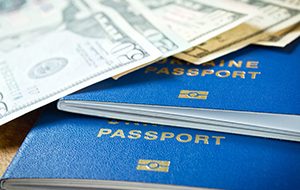What Disqualifies You From Getting a Passport? 5 Things That Can Stop You From Getting a U.S. Passport
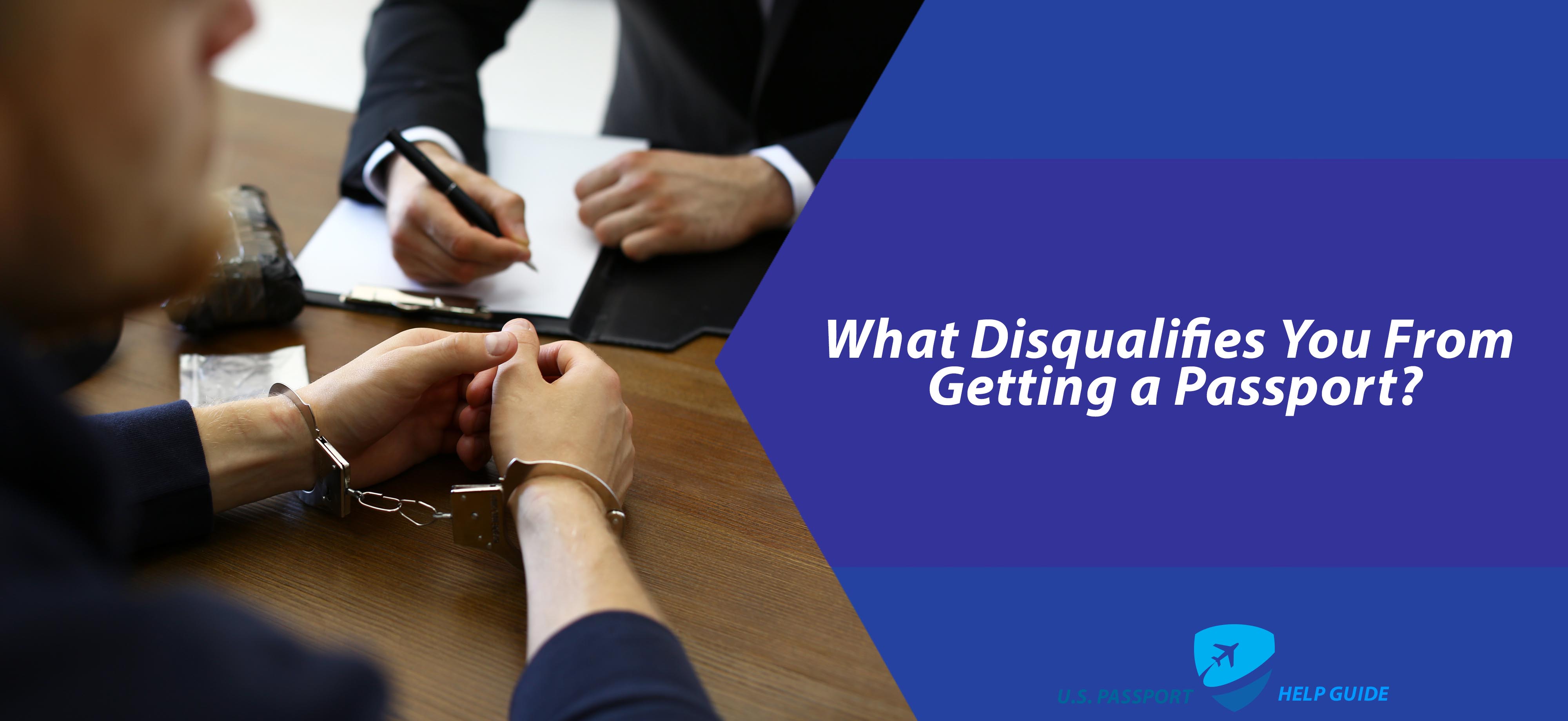
/ 5 Stars read 5 min
Did you know that less than half of Americans possess a passport? As of 2023, only 42% of people in America reported having a passport. While some are not interested in possessing a passport, others do not meet the criteria. This is because being granted a passport is based on each individual meeting certain qualifications.
What Disqualifies You From Getting a Passport?
In general, law-abiding citizens shouldn’t have any problems getting a passport. However, certain things can prevent an individual from being granted a passport. This can be anything from drug convictions to minors without consent. Are you worried that you might not be eligible for a passport? If you’re wondering what can stop you from getting a passport, then you’ve come to the right place.
We’re outlining the five most common reasons an individual in the United States would fail to meet passport standards.
1. Felony Drug Convictions

While not all felons are automatically denied a passport, certain felons are more likely to lead to an application being denied. These felons are often certain drug charges that will result in a denial.
According to the U.S. Code Classification Title, anyone convicted of a drug-related felony or misdemeanor cannot get a passport at that time. This timing includes the time in which one is incarcerated as well as during a probationary period. Those in this situation may even have their passports taken away if they already possess one.
2. Outstanding Child Support Payment
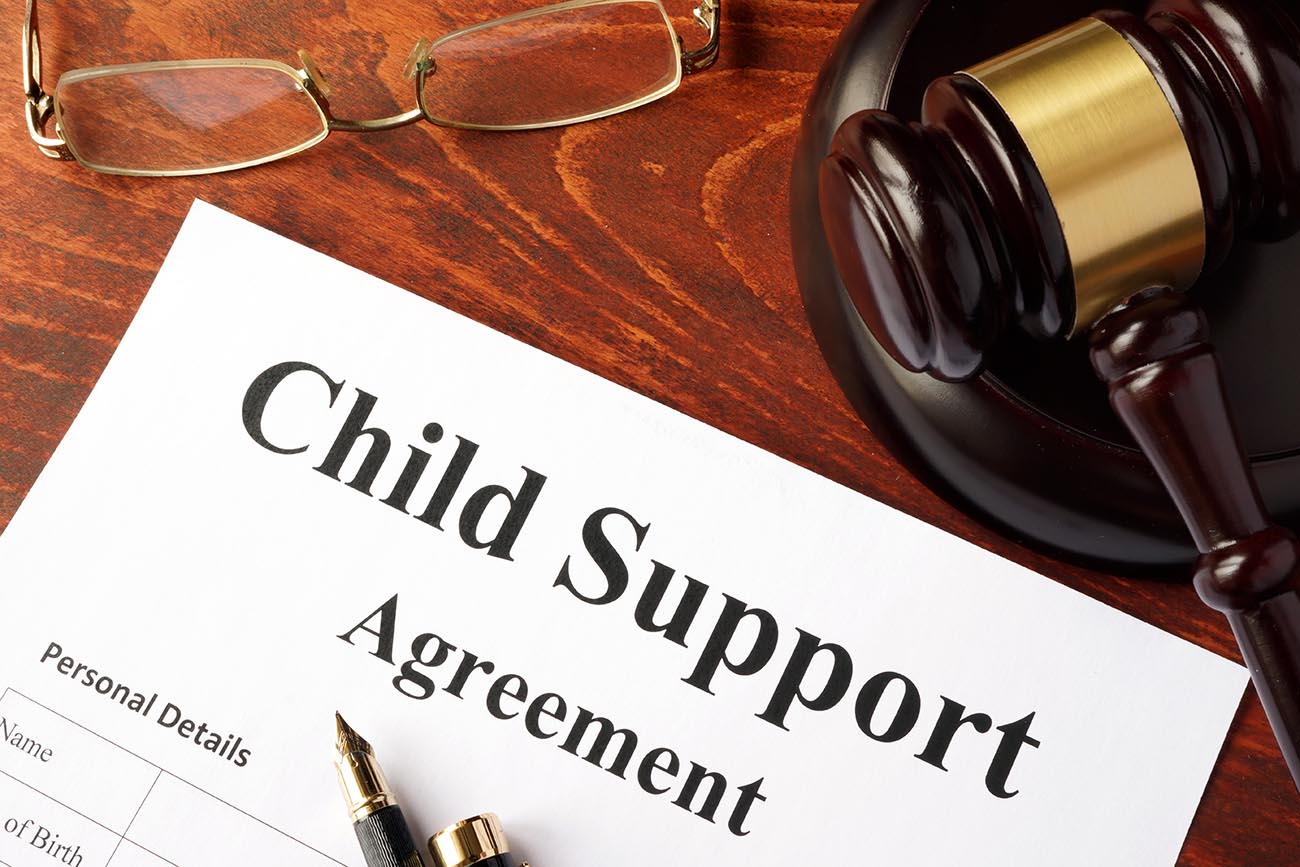
Anyone who has outstanding child support payments over the amount of $2500 will not be eligible for a passport. This helps to protect parents who are not receiving adequate funds from the other parents spending their monies on travel. Before even applying for a passport, parents dealing with child support should make arrangements to ensure their payments are paid in full.
If you are unsure as to what you may owe, you will need to contact your child support enforcement agency. Here, they will be able to explain the process of payments and outline any outstanding amounts.
Once the adequate payment is made, the U.S. Department of Health and Human Services will have to remove one’s name from the list. From here, an updated copy must be sent to the U.S. Department of State. Only once this list is received can the individual apply for a passport.
3. Unpaid Federal Student Loans
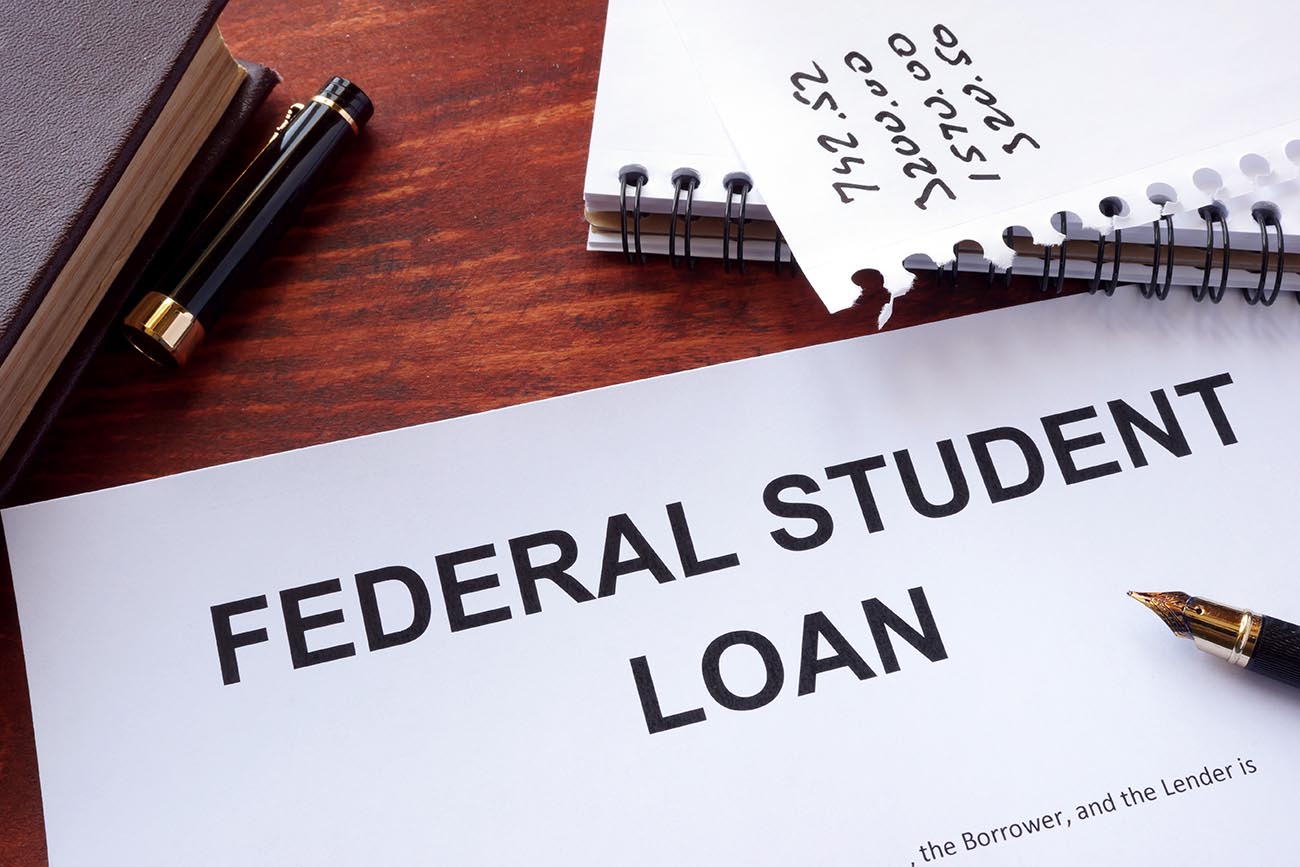
If you have an unpaid federal loan, the State Department has the ability to deny you a passport. Let’s provide some examples of what an unpaid federal loan might be.
The first example may be an individual traveling abroad and becoming incarcerated. From here, that individual may have accepted a loan from the U.S. government in order to be released back into the country. Without paying this loan back to the U.S., the individual can be denied a passport.
Once these loans are repaid in full, that individual can apply for and likely be granted a passport. On a similar note, if the U.S. government provides an individual and their family with a loan to get back to the U.S., that loan must be paid back in full in order to be granted a passport.
4. Minors Without Parental Consent
In order to get a passport without parental consent, an individual needs to be over the age of 16. If under the age of 16, minors require the consent of both parents or a legal guardian. These minors will need to apply in person, with a valid form of identification, and with a parent or legal guardian.
If only one parent is present for this, the other parent must provide notarized written consent. In the event of a single parent, they will have to provide evidence of sole custody.
The final option would be to have a third party present with a notarized written statement from both parents. This statement would attest to the fact they are giving consent for the minor to get a passport.
5. Incarcerated or Trouble with the Law
Those facing trouble with the law are more than likely going to be denied a passport. Of course, individuals who are currently in jail are not eligible for a passport. This also applies to anyone who is wanted or has a current warrant for their arrest. Until a court case has ruled the individual not guilty, they will not have success in being granted a passport.
This also applies to anyone who has been forbidden to leave the country or has, in the past, been found guilty of fraudulent passports. An individual can also be denied if the State Department considers them to be a legitimate threat to national security.
For individuals who have been in trouble with the law in the past, it’s best to check with a lawyer to understand if you will meet the qualifications.
Outlining What Can Stop You from Getting a Passport
While not every American takes advantage of what a passport can offer, some merely do not have the choice to possess one.
If you’ve been concerned about meeting the criteria for receiving a passport, you’re going to want to consider whether you conflict with the above standards. From unpaid child support to a warrant for your arrest, these are serious factors that are likely to deter one from getting a passport.
When getting a passport, it’s important to do it right the first time. After all, the associated passport fees will not be reimbursed for those who have their passport denied. Because of these reasons, it’s best to ensure beforehand that you meet all of the qualifications. To learn more about passport qualifications and what can stop you from getting a passport, be sure to visit our website today.
Why Would The IRS Deny Your Passport?
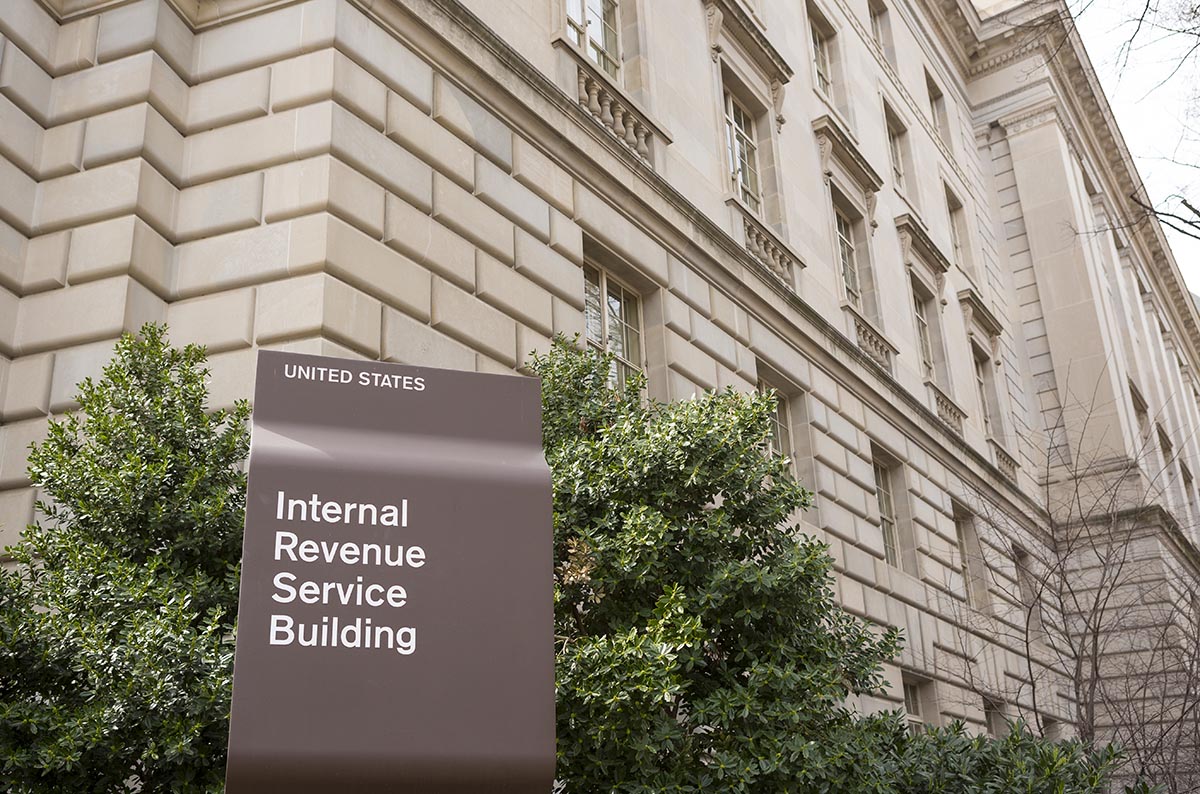
The IRS certifies taxpayers with seriously delinquent tax debts ($59,000.00) to the State Department for specific passport actions. After receiving the certification from the IRS, the State Department will typically not issue passports to these taxpayers.
Can I Travel Outside the U.S. If I Owe Child Support?
It depends on how much money you owe and your situation. Usually, it’s more than $2500.00 in unpaid child support. But if you plan to travel outside of the country and need to apply for a new passport or renew the one you have, you might not be able to go.
Conclusion:
At US Passport Help Guide, we believe that in order to make sure you receive your passport with no issues, it is essential to prepare and understand all of the requirements before applying for a passport. By taking the time to learn about the conditions you must meet and the risks associated with not meeting them, you will greatly increase your chances of receiving a valid passport without delay.
We are here to help you with any questions you may have about the passport application process and provide you with step-by-step guidance every step of the way.
Thank you for choosing US Passport Help Guide. We look forward to helping you get your passport quickly and without issues!
Get an Expedited Passport in As Little as 24 Hours!
Looking to travel in 30 days? And need to replace your passport, renew passport or get a new passport. U.S. Passport Help Guide provides all passport expediting services with passport services starting as low $199.00
Get an Expedited Passport Today!
